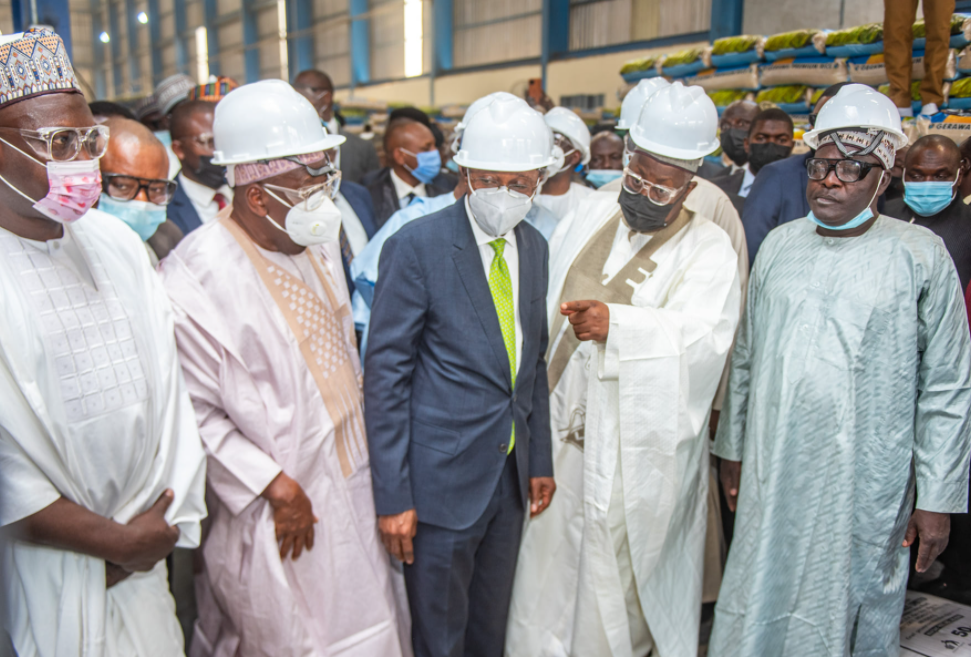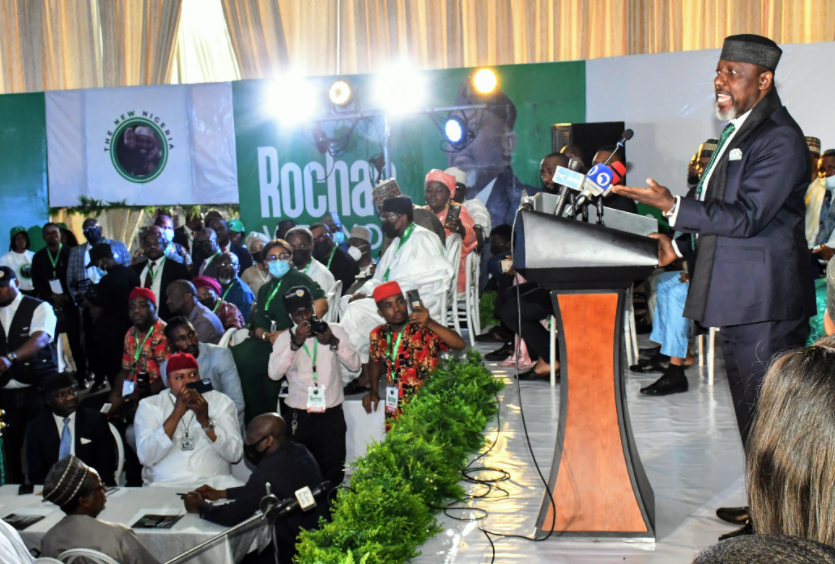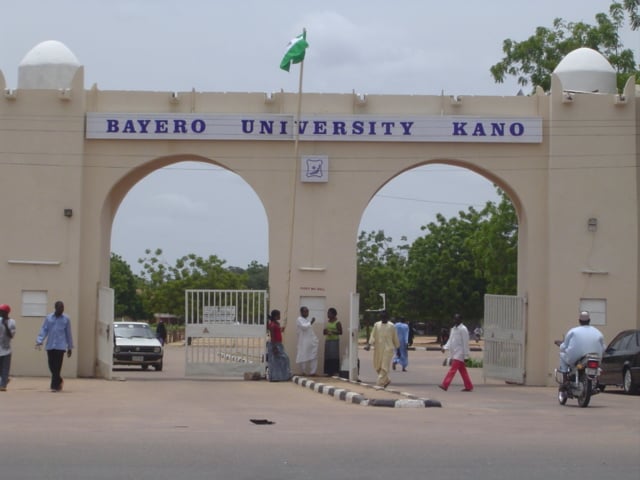Godwin Emefiele, governor of the Central Bank of Nigeria (CBN), has urged rice millers to embrace the bank’s backward integration initiative to increase local production.
Backward integration is a means of sourcing raw materials locally as an import substitute. According to the CBN, the aim is to save foreign exchange reserves and revamp local production capacity.
Emefiele said this on Tuesday while speaking at the inauguration of the Garewa Rice Mill in Kano.
Two weeks ago, he said, since the introduction of the anchor borrowers’ programme (ABP), rice milling plants have increased from 6 to 50.
Advertisement
The CBN governor, who urged stakeholders to take advantage of the initiative, said rice millers in Nigeria need to get involved in paddy production to guarantee a sustainable supply.
This, he said, will complement the supply from the smallholder farmers through the CBN’s partnership with the Rice Farmers Association (RIFAN) and prime anchors.
He said that the number of rice mills in Nigeria had grown from less than ten, with a combined capacity of less than 350,000 metric tons, prior to the launch of the Anchor Borrowers’ Programme (ABP) in 2015, to over 60 integrated rice mills, with a combined capacity of about 3 million metric tons as at January 2022, with about 10 more mills scheduled to be commissioned later this year.
Advertisement
Emefiele said the quality of rice milled in Nigeria could match most foreign brands, adding that the apex bank’s collaboration with the fiscal authorities had helped to curtail the proliferation of Nigerian markets by sub-standard imported rice varieties.
“The Nigeria Commodity Exchange (NCX) will facilitate grading, sorting, quality assurance and storage infrastructure for key agricultural commodities and also enhance price discovery for smallholder farmers,” Emefiele said.
He added that the exchange would provide aggregation hubs for millers to enhance paddy off-take and grow to provide futures for millers and farmers to lock in prices and operate under a controlled price regime.
On his part, Abdullahi Umar Ganduje, governor of Kano state, thanked Emefiele for extending ABP facilities to the state and assisting the state in the area of infrastructural development of facilities such as the Tiga and Chalawa hydro-electricity dam projects.
Advertisement
On his part, Muhammad Badaru Abubakar, the governor of Jigawa State, praised the CBN governor for empowering youth and creating wealth in the country.
Add a comment







